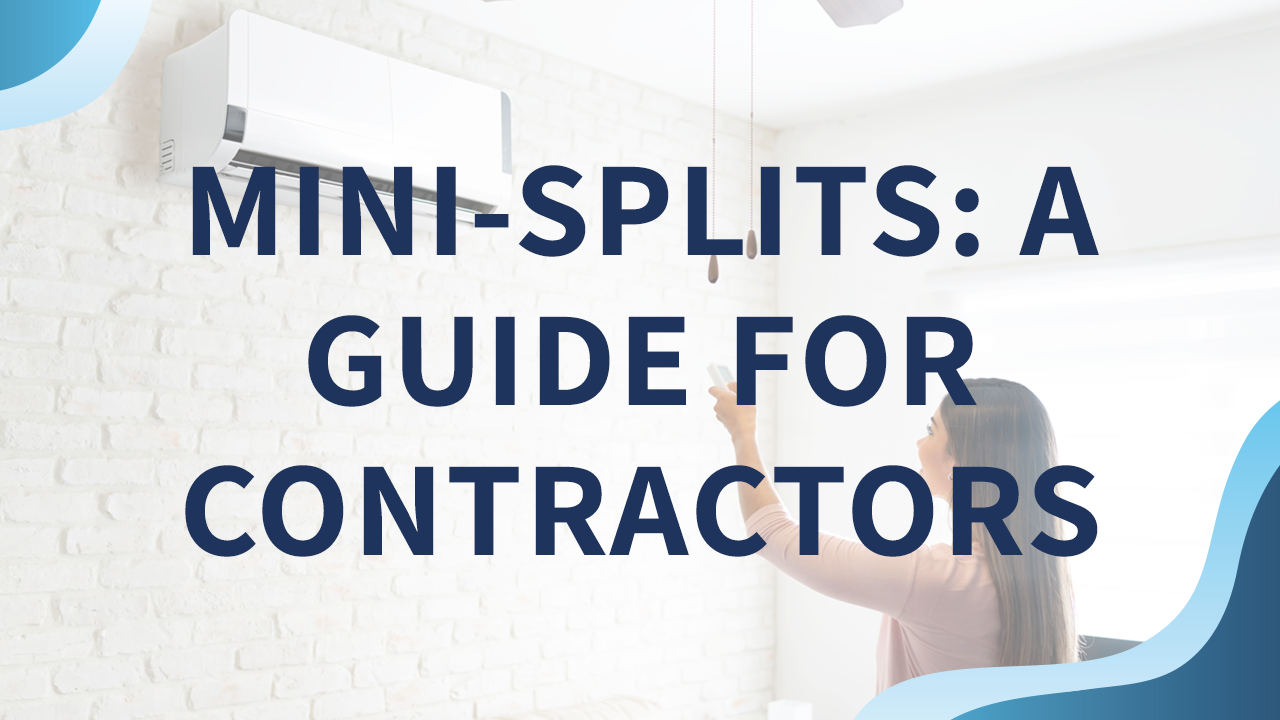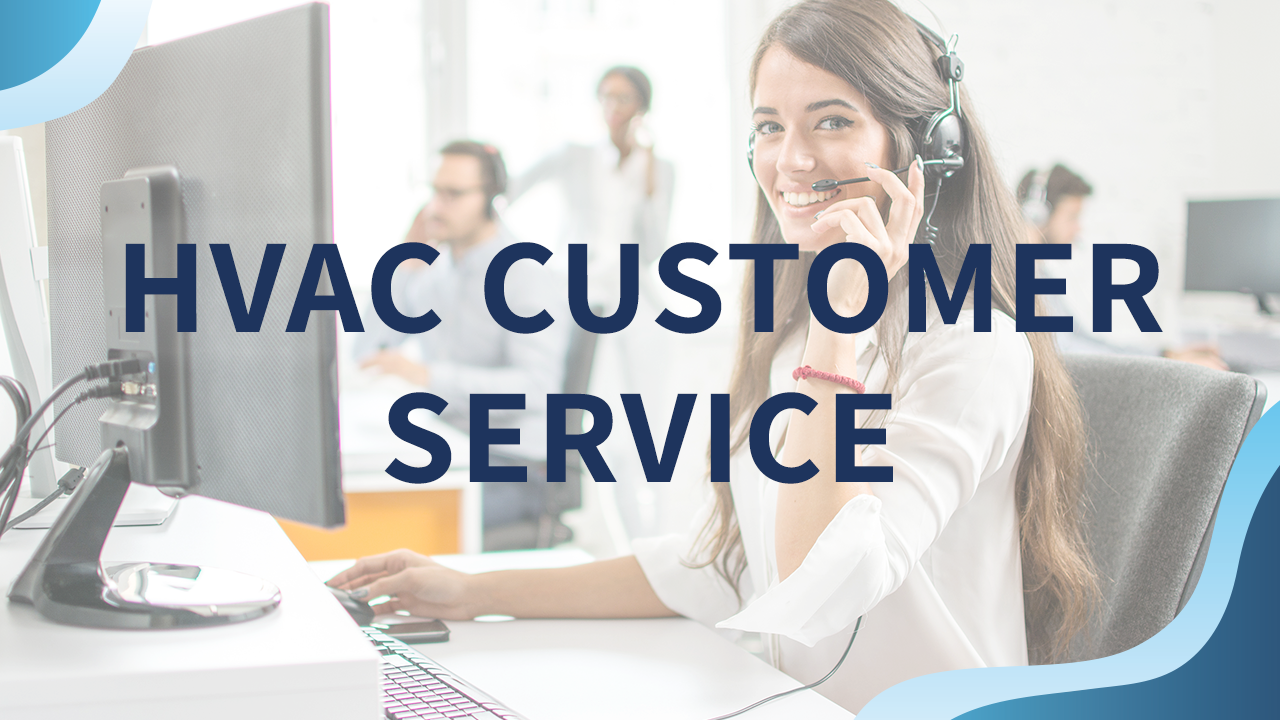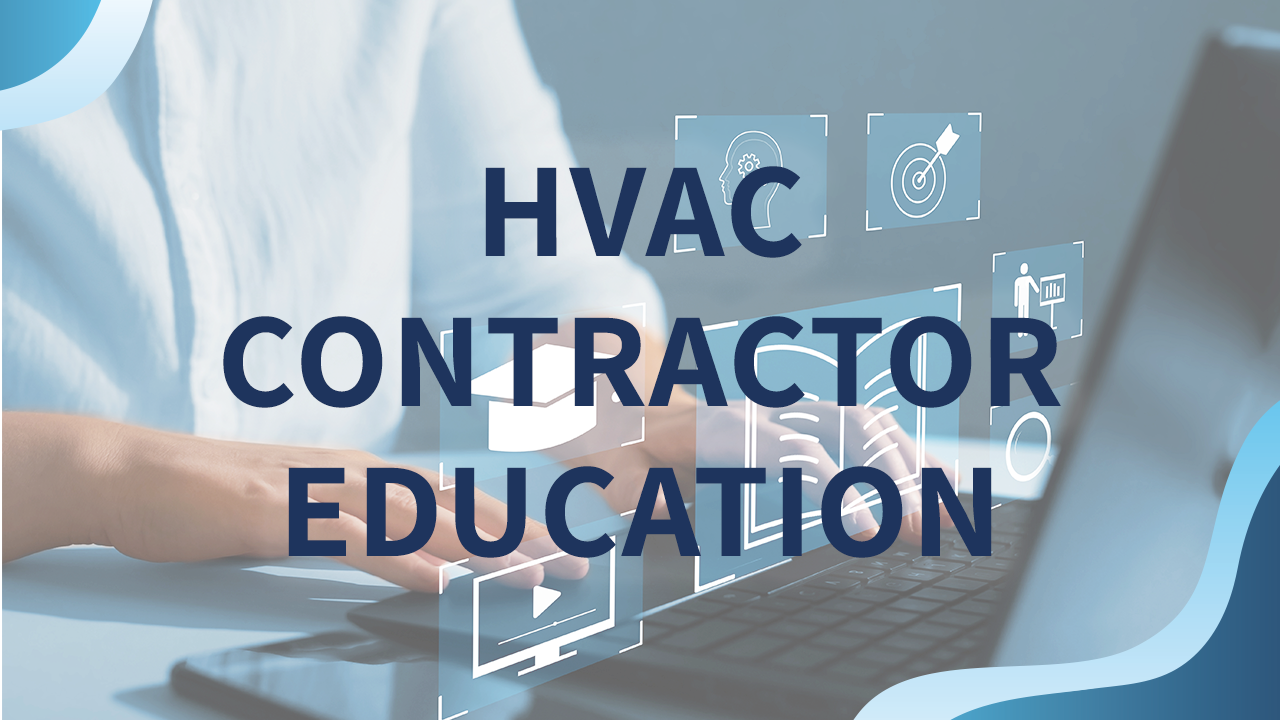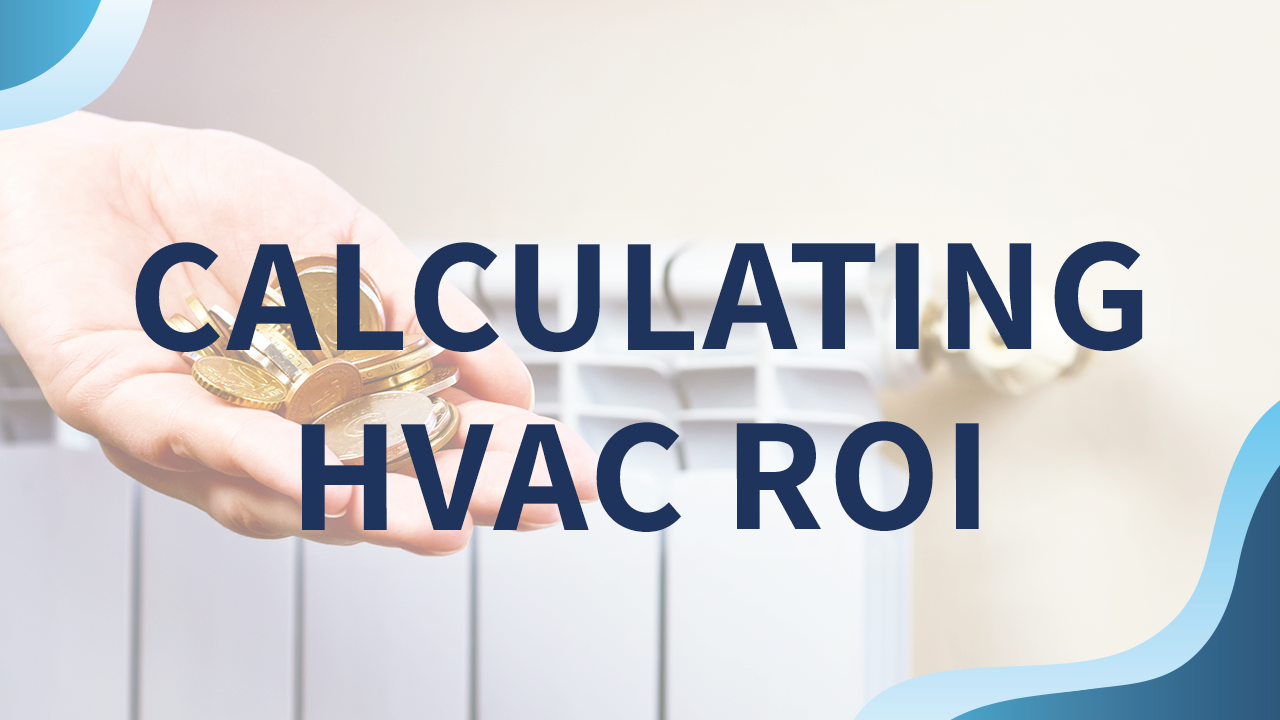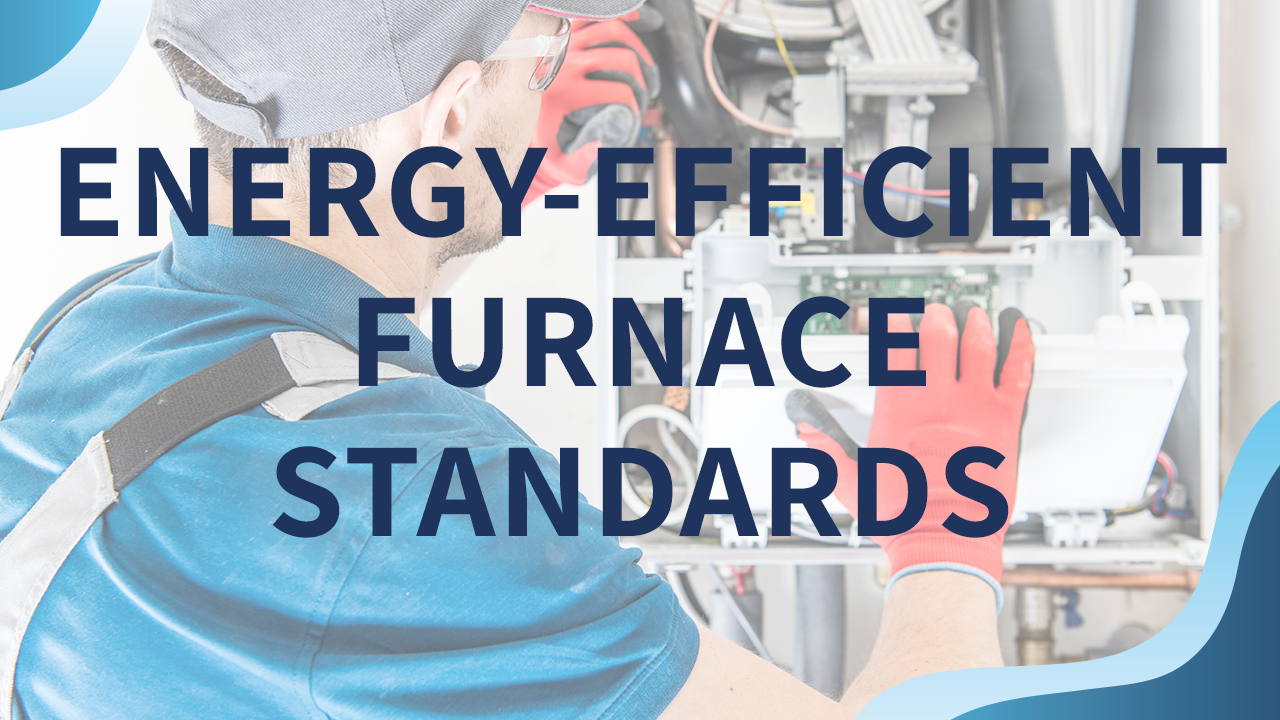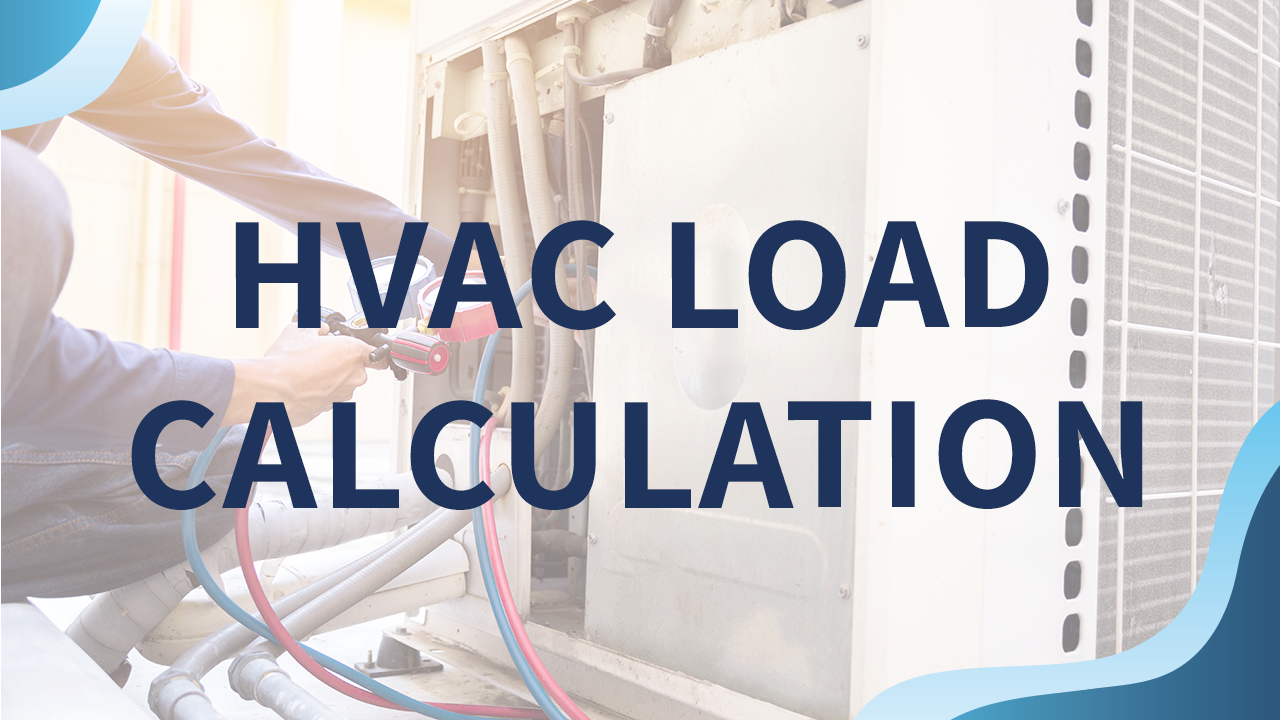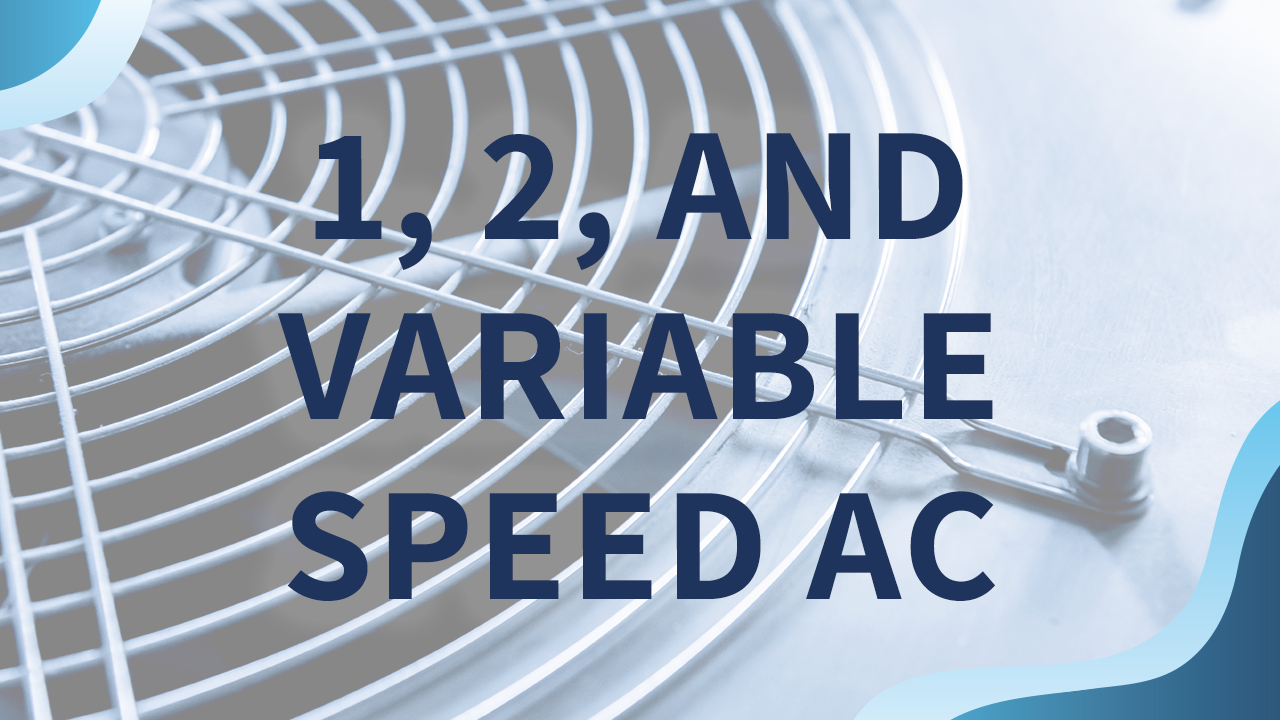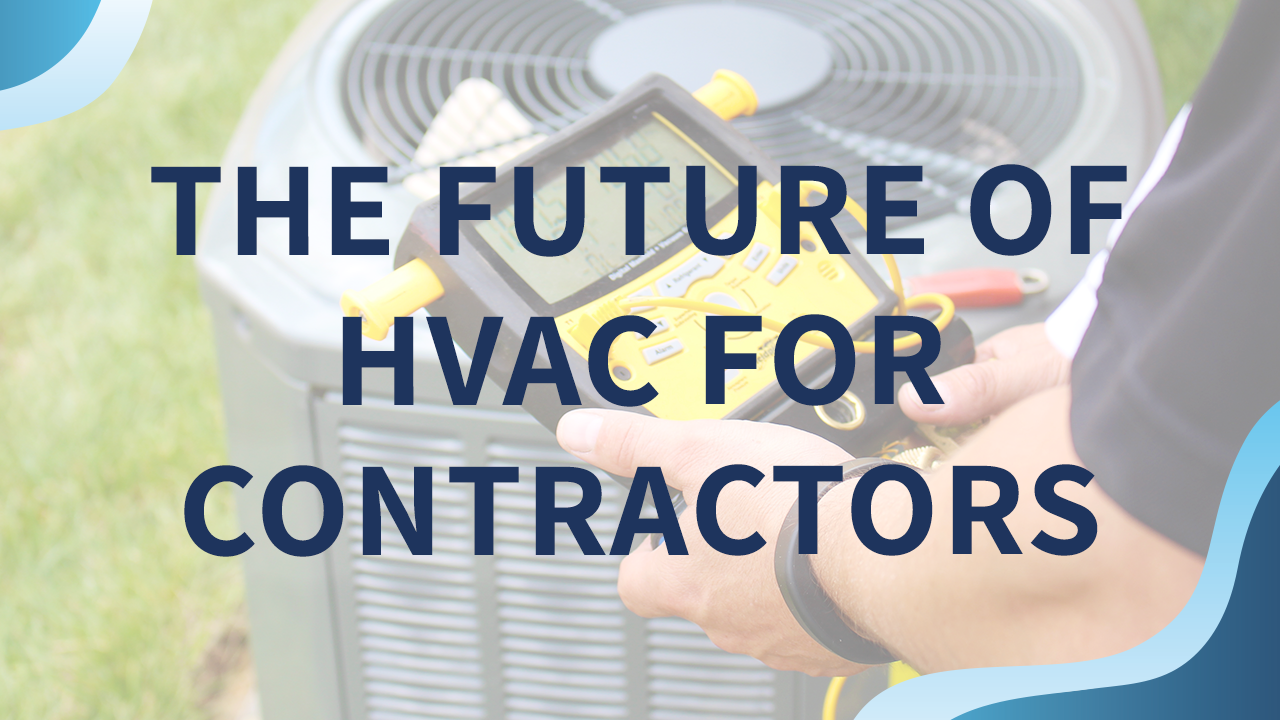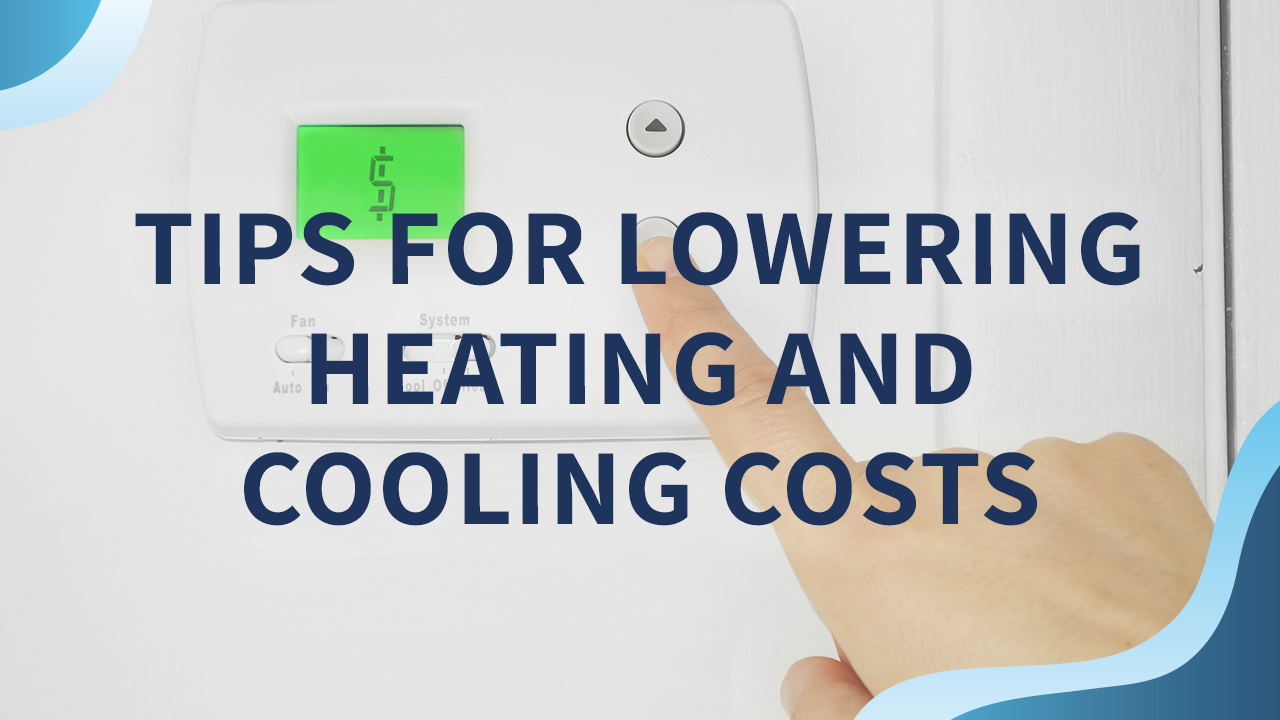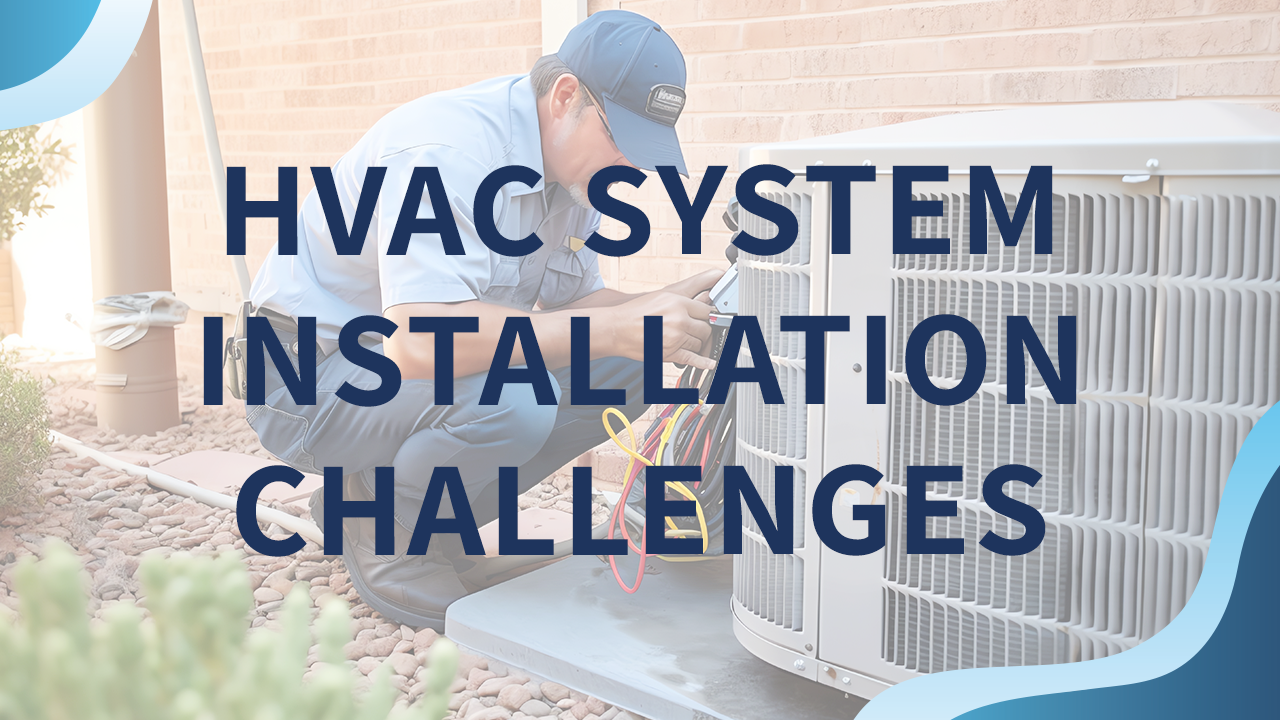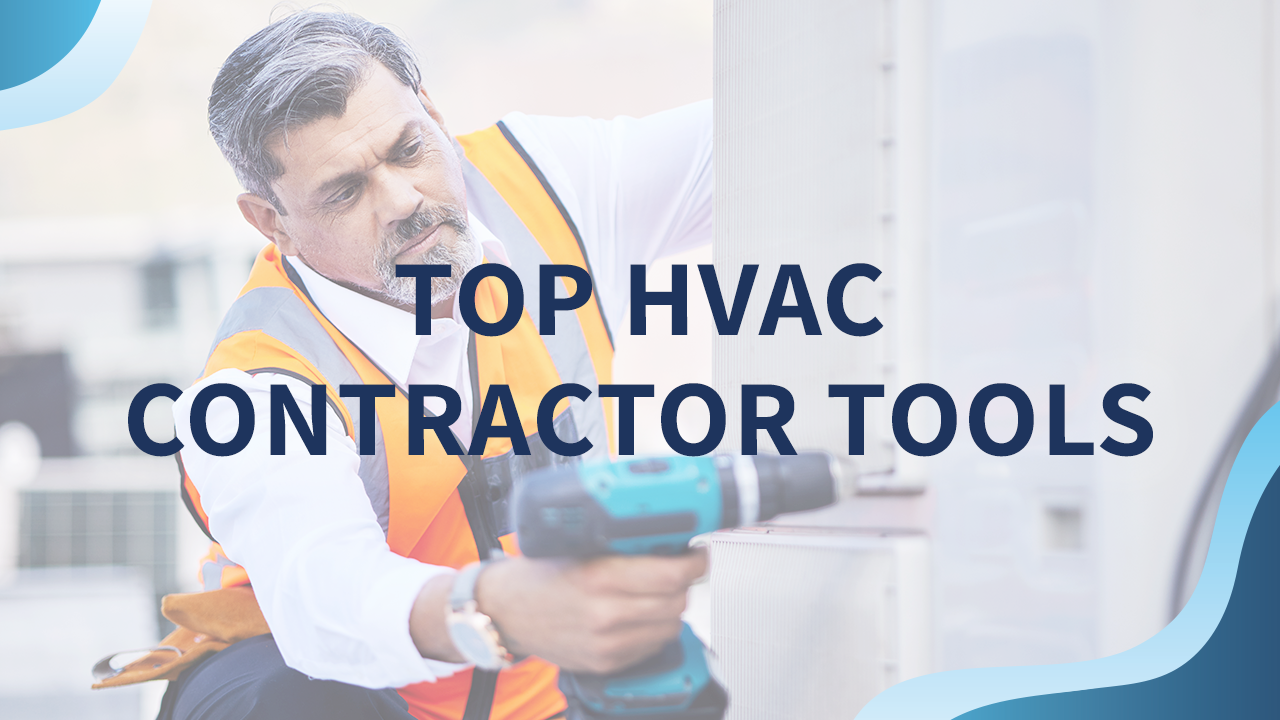Amy Tiemann is a multi-family investor and consultant, and President of TM1 Properties. She was recently featured in Forbes, with a piece on due diligence in multifamily investing. In the below interview we get to know Amy, her whirlwind journey into real estate investing and property management, and her views on proptech and importance of proactive maintenance.
Amy has a long history in construction – her grandfather started a glass company in 1960, and her father took it over in 1972. Amy spent a lot of time going to job sites with her father. After graduating Purdue, with a degree in Organizational Leadership, Amy returned home. Her father asked her to join the family business, but she had other plans on her mind.
After Purdue, Amy made the move to tech and worked in HR. Suddenly, in 2001, she found herself going through a painful tech downturn, with the burst of the dot-com bubble. After surviving several rounds of layoffs, Amy found herself burned out in tech and HR. At the time, her husband started a small construction company. Amy realized this was her opportunity to return to a field she knew a lot about, and she was looking for a new challenge.
The new construction company was created in 2004. Over the next few years Amy and her husband grew it into a nationwide commercial construction company, at one point doing business in 16 states – primarily working on retail businesses. From there, the company pivoted to multifamily renovations – along with a real estate investing arm of the business, in 2008.
Amy’s first multifamily investment was in 2010. At this point Amy and her husband became active in multifamily investing and real estate investing, while also managing their construction business. By 2015 she made the decision to focus primarily on real estate investing, and in 2017 went out on her own.
In addition to investing, Amy took on property management.
How did you make the move to property management?
I have an investment company and it just made sense to also manage my properties, they’re generally the properties that I go find and acquire. Because of my construction background, I try to look for properties for which not many are looking – I look for the diamonds in the rough. Foundations don’t scare me, roofs don’t scare me. I’m out looking for fixer-uppers, where we can build value and manage them well.
Where do property management and technology meet, for you?
We’re currently working on building applications into our property management software, where residents can text a work order. They can text orders and not have to go to a website – we have this system to respond to them so that we can enhance their experience and simplify things. In property management – simple is good.
We are also involved in asset management, looking at what’s on the property, what’s “behind the walls” and we’re taking stock of that.
When you look into acquiring a property, do you look at existing technology that they’re utilizing and how important is that to you as an investor?
No, I would say about 90% of multifamily is run by small businesses. Generally, when you go buy a property, it’s owned by somebody who’s got two or three properties, they’re mom and pop. They might even be managing the property on paper. I once bought a 40 unit from somebody who managed everything on paper. I almost cried.
So when you come across technology use, it’s helpful in the transaction part of it, but I’ve gone in to some where their financials are completely… Even if they had great software, the financials were sometimes completely bogus.
Which property management software do you use? Is this something that you developed yourself or do you utilize a platform of some sort?
I use AppFolio as my property management software, but I develop side tools. I have a reporting mechanism that I like better than theirs.
AppFolio doesn’t integrate well with other software, but you can leverage API access to connect and build additional functionality. Right now, we are building applications for our business, to give my property management a competitive advantage and my assets that I’m buying to perform better.
Shifting topics a bit, what are the top challenges in your opinion that you frequently feel are disrupting property management at multifamily communities?
The generation gap.
There’s a generational gap I see at a lot of my properties. I have younger adults and millennials and I have baby boomers in the same apartment complex. They have very different needs, they have very different tastes.
As I’m filling up my apartment complex, I am managing through those two very distinct different tenant bases. The baby boomers want to be taken care of just as well as the millennials do, but the approach is different. Also different is how they interact with you and how you create that tenant experience.
Baby boomers don’t want to pay online, they don’t want to go to a website – they usually want to just give you a money order or a check. So you have to softly educate them. They barely get on their phones and normally it’s to call somebody. But, they can all text.
So it falls on me to teach them to be more open to technology. As a manager you’re going to have to learn to cater to each age group and create solutions that can adapt to each person’s experience as a tenant.
Preventative Maintenance.
Another challenge many property managers face is, they’ve got to work and transition from a reactive mode to a proactive mode. Not many property management companies do preventative maintenance (PM).Coming from a construction and facilities background PM is not a big deal, we do them all the time.
As an investor I often run into owners who just never do them because they view it as a needless expense. They’re always in reactionary mode. Owners estimate capital expense budgets and they have to have their capital reserves because they plan on replacing something. They really need to work on extending the life of “behind the wall” assets like HVAC, electrical and plumbing. If they don’t, eventually it comes back to bite them because it’s still money going out the door. They’re still spending the money. It doesn’t hit their NOI, but still at the end of the day, they’re spending the money.
There’s going to be, it’s already happening, a shift to looking more at preventative maintenance technology. There are sensors for air quality, leak detection, HVAC malfunctions, and so much more.
Once the technology is more widely adapted by the big property management companies, that will drive down the cost and open things up for smaller players. The technology piece is so valuable because it really let’s me know, as both a manager and investor, which building systems are going to fail and when, so I can be prepared in advance – and keep resident satisfaction high.
Technology that provides insight into your building systems helps you perform more precise and efficient capital planning and capital budgeting, which – as an investor – is huge.
What do you feel are a few quick actions that make a big difference in customer satisfaction?
Responsiveness and multiple ways to get things done.
Most of leasing now is going to go to be virtual and then there’ll be no human interaction at all, unless it’s on the phone. There are going to be virtual tours, self-guided tours – we already see this being implemented in some places because of COVID.
A potential resident will go up to the door, then – based on their GPS on their phone – they will get a message. The company will know they are there, and then they send a code and that code is good for 30 minutes, and that opens the door.
The resident looks at the unit – they get a message or even chat with a live agent or bot – “Do you like the unit? Do you want to apply?” They apply online, right there. They don’t even have to talk to a leasing agent unless it’s on the phone – and they can be in Malaysia.
Residents won’t need to go into an office to lease anything anymore.
That’s great, but there is a catch, of course.
Setting Expectations.
You could run into an issue with resident retention. You set up an expectation that things get done instantly. So you have to adapt to the resident experience when the resident beings their journey at your property. They will want instant responses.
When a resident submits a work order, they want someone to respond in 10 minutes going, “Hey, this is who will handle it. We have ordered the part. We will get this resolved in X amount of time.”
Residents can no longer wait for two days to find out if their sinks going to get fixed. So, as a property manager you have to be ready for that, and you have to deliver on the promise of fast and efficient service. This is where I see a lot of companies falling down right now – there is some catching up to do.
The future.
With the generational gap, this can be a real challenge. Some residents are more open to using an app than others, some just want to send a text message and get a fast response.
Payment should really be integrated with whatever technology solution you are providing. Residents will expect to handle everything fast, and without a bunch of apps or websites.
There’s going to be a lot of people, over the next several years, renting – and your resident experience will kill you or save you.
If you don’t build up the technology infrastructure and invest in that, and you don’t build processes and systems to handle issues quickly, you’ll get killed because somebody else is already working on it.
In some ways COVID actually has been a blessing because it’s pushing managers to do better. All the people that operate like they manage properties in the 1980s will crumble.

